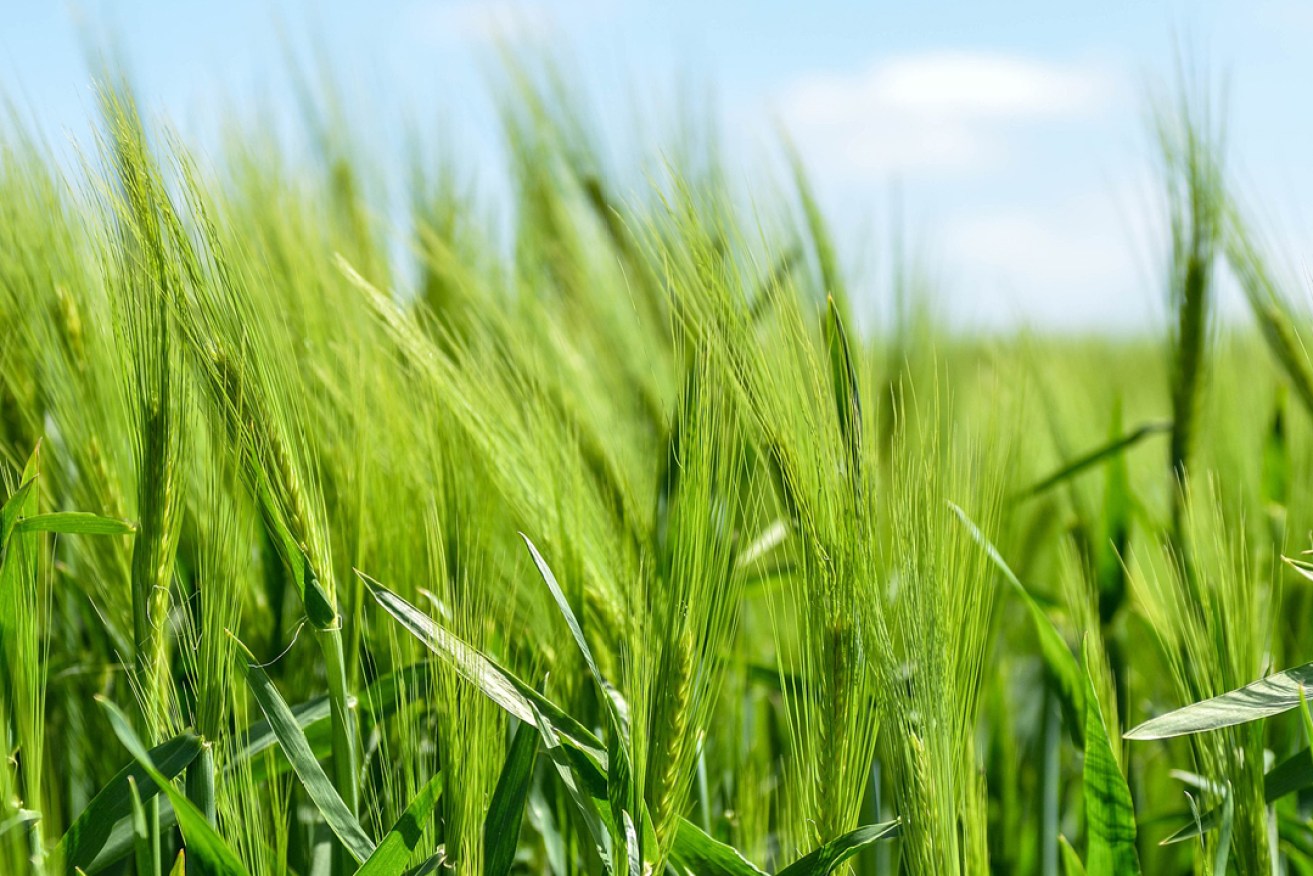China’s big barley tariff to hit SA farmers hard
South Australian farmers are likely to be among the hardest hit by an 80 per cent tariff on barley exports to China.


Photo supplied
The Australian grain industry will look to new markets for its barley following China’s announcement of an 80 per cent tax on inbound Australian barley, which it confirmed it would push ahead with this morning after threatening the sanctions earlier this month.
While some South Australian farmers have been able to switch to other crops such as wheat ahead of planting, for many it is too late as seeding is already well underway.
It also comes at a time when grain growers in the state were looking forward to their best season in a number of years following promising opening rains.
South Australia produced a little over 2 million tonnes of barley last season, about a quarter of the national production and is the second largest barley-producing state behind Western Australia.
Australia is a major exporter of barley, representing more than 40 per cent of the world’s malting barley trade and 20 per cent of the feed barley trade, with China its biggest malting barley customer.
Grain Producers SA CEO Caroline Rhodes said the South Australian grain industry has a deep and longstanding relationship with its Chinese customers thanks to the high-quality malting grade barley it produced.
“Our growers – particularly those on the Yorke Peninsula and Eyre Peninsula – produce some of the highest-quality barley in the world and for that reason we are keen to see our strong trading relationship with Chinese maltsters and brewers continue,” she said.
“The disruption to Australia’s barley trade with China will negatively impact other commodities, and growers will need to carefully manage price risk in the coming months in a volatile market.”
The 80.5 per cent Chinese Government tariff includes a dumping margin of 73.6 per cent and a subsidy margin of up to 6.9 per cent on all barley imported from Australia for five years.
The tariffs are in response to investigations initiated by China in November 2018.
National peak body GrainGrowers released a statement this morning claiming the tariffs will disrupt and most likely halt exports to China until the situation is resolved. It estimated the dispute could cost Australian grain industry and regional economies at least $500 million a year.
“We call on the Australian government to support Australia’s farmers and exporters by engaging deeply with China in a respectful and meaningful way to resolve the issue and to concurrently and immediately pursue the WTO Dispute Settlement process to the fullest extent possible,” the statement said.
Federal Agriculture Minister David Littleproud told Sky News this morning Australia would reserve its right to go to the World Trade Organisation “to get the umpire to make a decision” on the tariffs.
However, he said the government would not be subsidising farmers as a result of the tariffs, which ironically is what China has claimed as the reason behind the tariffs.
“We’ll get on with the job of producing the best barley in the world and look for other markets,” Littleproud said.
“That’s the Australian way, and that’s what we’ve already done. We’ve now got a free trade agreement with Indonesia. And in fact, only last week, we got some good news out of India that will reduce some of the requirements we have on importing barley into India.
“We’ll continue to work through with the Chinese to try and get them to understand that Australian farmers are not subsidised and then subsequently dumped barley into their market.”
Premier Steven Marshall told ABC Radio the barley tariff was “a worrying sign and we just hope we can re-establish a good relationship with China”.
“A prolonged dispute with regard to trade would not be helpful for anybody so we are encouraging the federal government to sit down and negotiate with China so we can resume,” he said.
“Our farmers have been doing it really tough in recent years with dry and drought conditions and they’ve just had some good new with fantastic rains so we really don’t need to see commodity markets disrupted.”
Want to comment?
Send us an email, making it clear which story you’re commenting on and including your full name (required for publication) and phone number (only for verification purposes). Please put “Reader views” in the subject.
We’ll publish the best comments in a regular “Reader Views” post. Your comments can be brief, or we can accept up to 350 words, or thereabouts.




